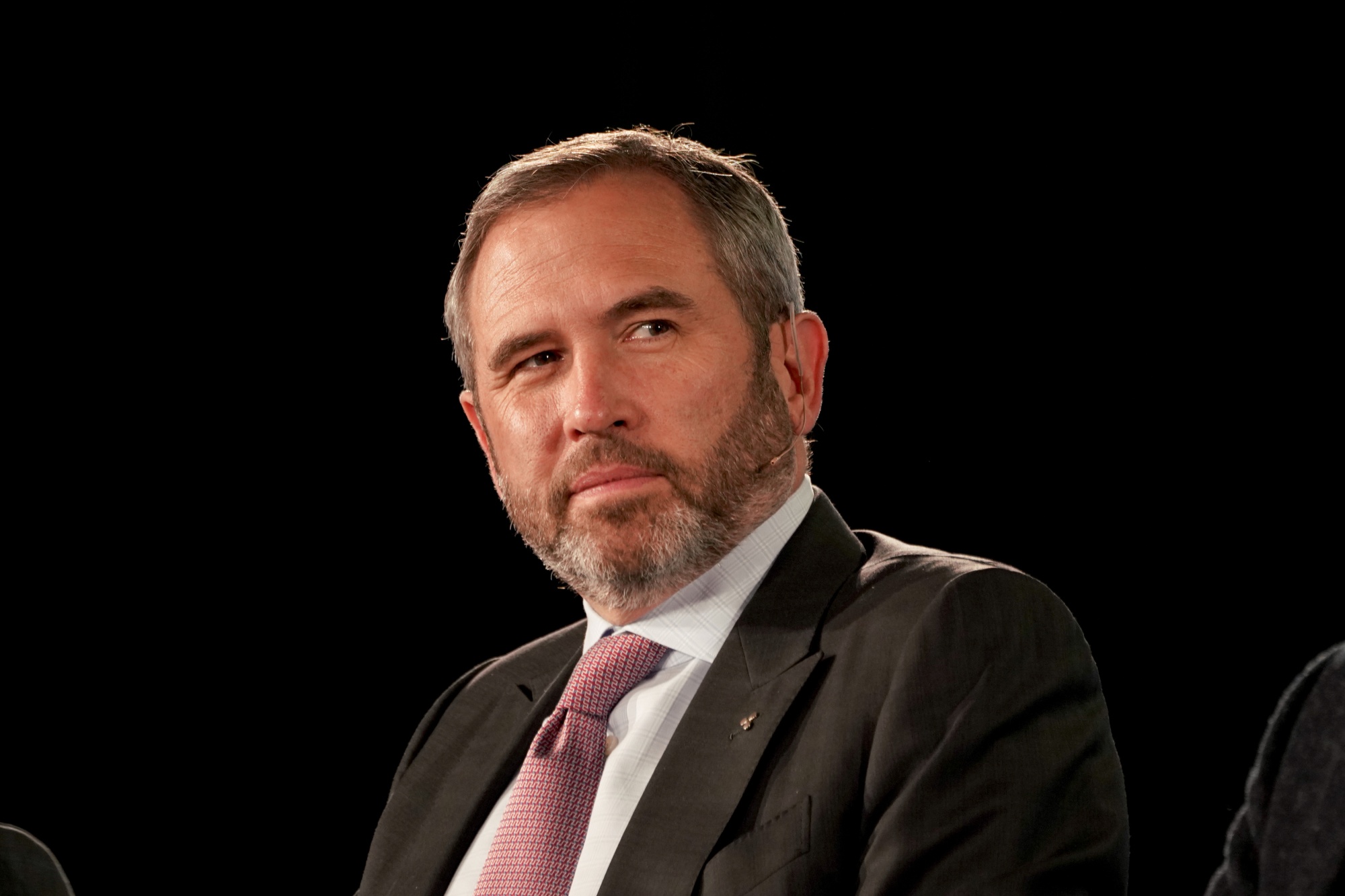The Ripple CEO, Brad Garlinghouse, has been unshakeable in his belief that crypto still has the capabilities to endure SEC’s enforcement efforts. Garlinghouse’s words happened not long after Ripple went into arbitration with the SEC, and such a struggle represented the bigger battle of crypto market regulation.
Garlinghouse’s optimism
Garlinghouse stated that in the long term, this crypto space, with innovation, technology, and the ability to overcome any problem or regulation, will dominate and those who don’t adapt to new trends and updates will leave the market as this is the way the market works.
He used his speech to demonstrate the everlasting nature of the crypto industry’s advantages. Citing the ICR’s continuous growth as a roof against all attempts to snuff out crypto innovation, he was confident that SEC’s measures would fail. Garlinghouse portrayed an inspired future for crypto, in which the total market capitalization will amount to much more than 2 trillion dollars, with c consequences for currency use.
While the SEC’s legal tussles with Ripple might simply be a fraction of regulatory clampdown by SEC on crypto as a whole, they are still the ones that draw the most attention. However, others in the crypto realm, such as Binance, Coinbase, and Kraken, find themselves trying to fight cases with the SEC. Kraken just move to dismiss SEC filing on procedural basis was one example.
Path of Crypto under regulatory inspection
While onlookers begin to comment on the Ripple’s settlement with SEC, Garlinghouse believes that there will be a solution and the crypto-industry will continue to spring up. This very expression underlines that the overwhelming part of its community consisting of crypto devotees perceive strict control of public authorities as a temporary difficulty in search of long-term growth, not force.
With the world of cryptocurrency continually changing, various stakeholders keep their eyes on the ongoing regulatory developments that potentially may lead to the industry’s future path being defined. While regulatory oversight incites concerns in the short run, even with the sessions some of the participants maintain their idea of disruptive power of blockchain technology and decentralized finance.





